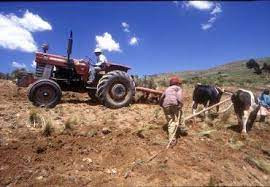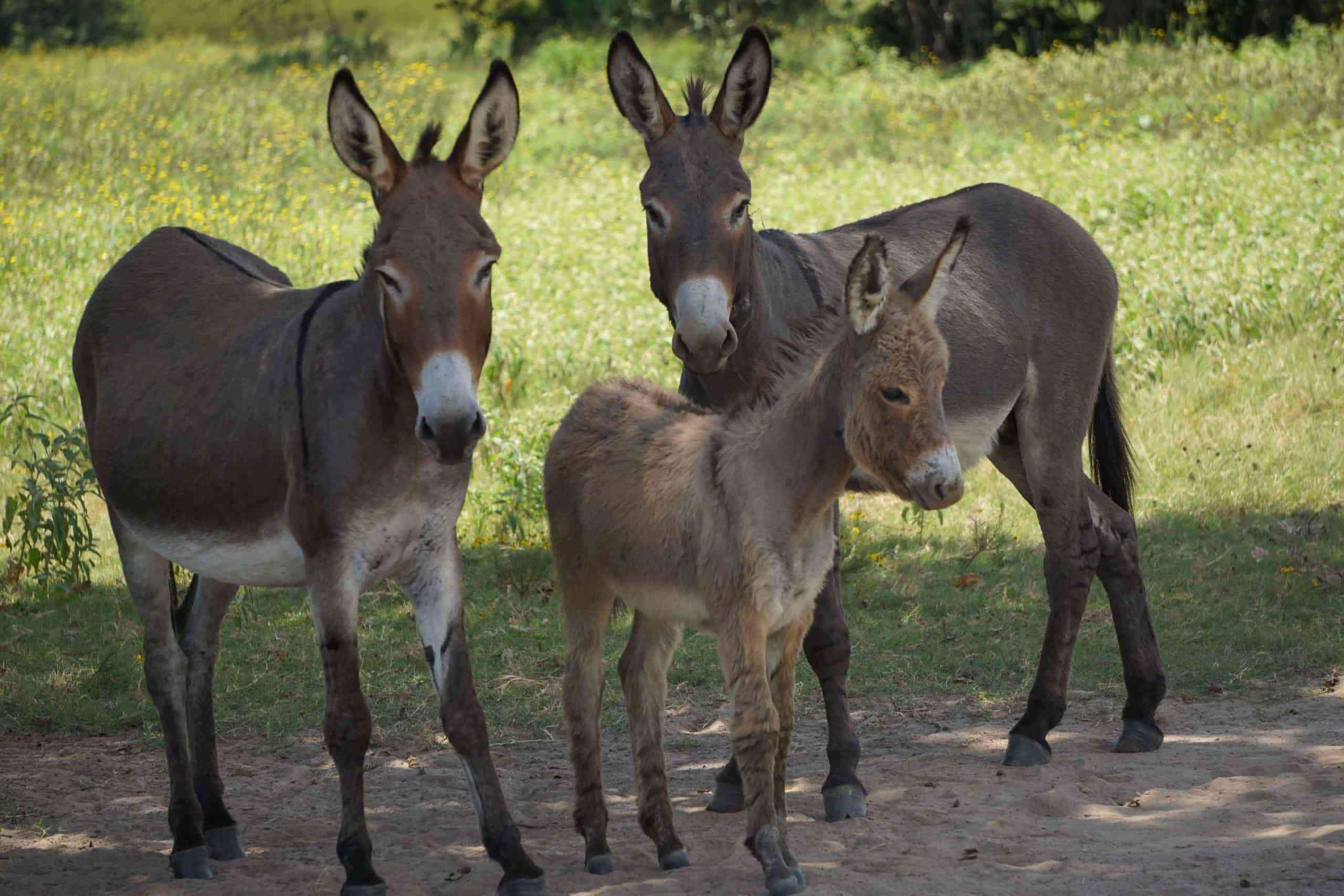
SERIOUS shortages of draught power, farming equipment and inputs are reportedly derailing Matabeleland South’s Mangwe district communal farmers’ preparations for the summer cropping season.
In 2022, a Zimbabwe Vulnerability Assessment Committee (ZimVAC) report noted that eight districts across Zimbabwe were food insecure, with two from Matabeleland — Mangwe and Nkayi, among the most affected.
This year, the districts did not harvest enough food because of erratic rainfall.
Mangwe district Agritex officer Moffat Ncube said communal farmers were busy preparing land for the forthcoming agricultural season, but were being affected by shortages of farming inputs, equipment and draught power.
“Farmers are doing land preparation now and we have been training them and distributing inputs. However, their domestic animals are too weak for draft power,” Ncube told Southern Eye last week.
“The farmers are, however, busy with supplementary feeding of livestock, but inputs are not available at local markets. Lack of capital to buy inputs also affects many farmers here.”
In February this year, the United States Agency for International Development (USAID), World Food Programme and World Vision Zimbabwe distributed food aid to Mangwe and Nkayi districts under the Lean Season Food Assistance (LSA) programme to curb starvation.
In an interview on the sidelines of the food distribution programme in Tshitshi village in Mangwe, Matabeleland South province, USAID Zimbabwe nutrition advisor Themba Nduna said they had reserved US$36,7 million to assist at least 700 000 people in eight districts.
- HCC considers cancelling ZimPhos contract
- Govt to feed 2m hungry Zimbos
- Zim hit by grain shortage
- Govt to distribute grain as hunger stalks millions
Keep Reading
“In Matabeleland, we have Nkayi and Mangwe and our contribution is 92% of WFP LSA funding. We are the biggest donor in this LSA not only this year but even in the previous years,” Nduna said.
“We have other development programmes which are worth US$192,4 million spread across the country.”
Other districts under the programme included Bikita in Masvingo, Buhera (Manicaland), Hwedza and Mudzi in Mashonaland East and Chivi (Masvingo).
“This LSA response is a result of the findings of the ZimVac-led annual rural livelihood assessment which identified that 3,8 million people will require food assistance during the peak of the lean season.
“Our lean season starts from October to March while the peak starts from January to March, so we are actually in the lean season so this a response to those findings,” Nduna added.









